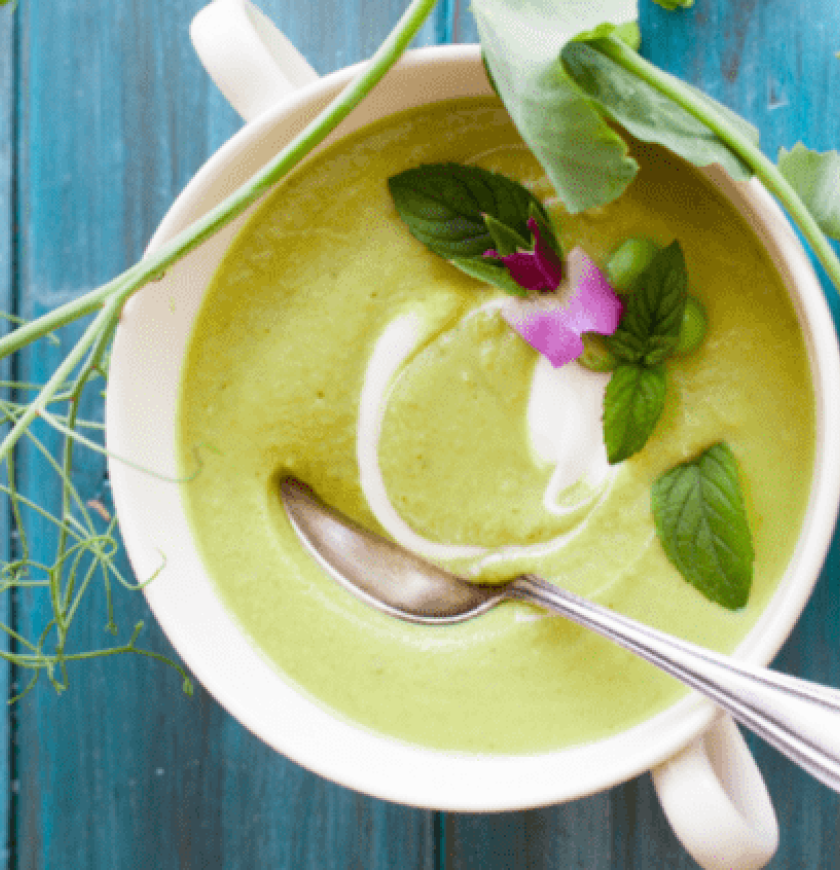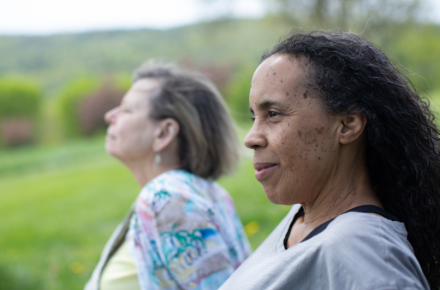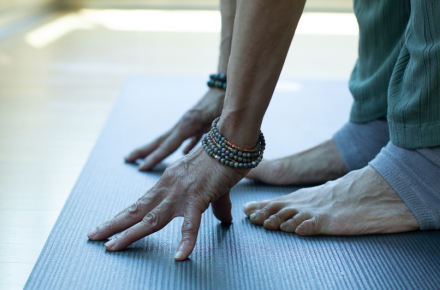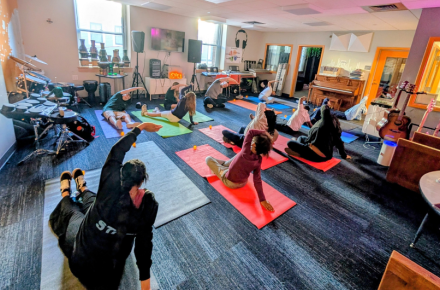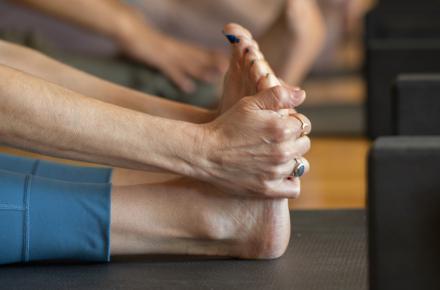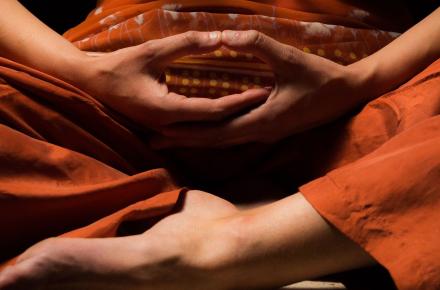Ten Principles for Reclaiming True Power

I used to think that having power meant having money and control over others—and I thought that was what would bring me happiness. I didn’t understand, until I achieved it myself, that this kind of power equals anxiety, fear, and suffering. Once I discovered that, I didn’t know what to replace it with. I felt empty, isolated, and totally powerless. Everything felt meaningless.
Seeking to find a way out of my depression, I traveled to India and Nepal to study with meditation teachers, healers, scientists, and spiritual masters who helped me understand my mind and cope with my human experience. But the most important journey I made during that time did not take me to the other side of the world; it took me back to my own heart, which I had been away from for far too long. And, when I reconnected with my heart, I learned what having power means: that you’ve decided to take back agency of your own life.
Here are 10 spiritual principles to help you reclaim your power.
Establish a relationship with breath. The breath is the easiest and most powerful tool to help you come back to the present moment. When you were a little kid on the verge of a temper tantrum, your mom or grandma might’ve told you, “Take a breath, honey” to get you to calm down. Well, turns out that there is scientific evidence to back her up. Our breath is the anchor to the present moment. By establishing a calming, stable breath, we stimulate the vagus nerve, which helps manipulate our nervous system and keeps us calm under stress. By reconnecting to the breath, we establish a sense of objectivity and clarity that helps us to create space and step outside the “feel-think-react” circuit that dominates our lives.
Get clear on your limiting beliefs. This means taking a good hard look at the ways you see yourself and your beliefs about the world. Often we unconsciously follow scripts that were passed down from one generation to the next. It’s important to examine these seemingly hard-wired beliefs, and understand that they actually have very little to do with us. We don’t have to believe them just because they were given to us at a young age. So write them down, question them, observe the ways they limit your power. And let go of what no longer serves you.
Clean up your gut. Our relationship to food reflects our relationship to everything—is it giving you energy or is it numbing your senses? Are you eating something because it’s a habit, or are you eating something because it serves you? Examining our relationship to food provides a great mirror to reflect the larger ways we deal (or don’t deal) with our lives. Studies reveal the link between digestive health and brain functioning; our gut is our second brain. If your gut is inflamed due to eating foods that are processed or high in refined sugar, chances are you may be experiencing effects like low energy and brain fog. An irritated and inflamed digestive system can affect your nervous system, triggering feelings of unease and anxiety and impeding your ability to function. If you’re looking for spiritual expansion, you have to notice the ways that the things you put into your body affect the energy you put out.
Get moving. Trauma and mental health experts believe that traumas and emotions are stored in the physical body, even when the brain does not consciously sense or remember them. The act of physically moving our bodies not only generates sweat, which releases physical toxins, but also allows the body to emotionally release any stress it’s been holding on to. Generating strength in the body is more than just getting toned; it creates a sense of safety and stability within our skin where we are aware of our physical and emotional strengths, resilience, and agility.
Meditate on compassion. A consistent practice of returning to the present moment generates experiences of well-being, focus, and compassion. In particular, meditations that invite us to focus on feelings of loving-kindness, forgiveness, and selflessness help reinforce thoughts and behaviors that cultivate a fiercely loving heart. We are reminded of our inherent nature and our interconnectedness with the entire universe.
Practice forgiveness. Learning to forgive yourself for all the things—big and small—that you’ve done to hurt yourself and others, and learning to forgive other people for all the ways they’ve caused you pain will create space for you to reclaim your power. The concept of forgiveness is profound, because it involves an intense release. Through the practice of forgiveness, we recognize that what we’ve done and what was done to us in the past does not define who we are. By letting go of these stories, we cultivate emotional agility and resilience. Forgiveness is an attribute of the strong: When we let go, we strengthen our ability to rely on ourselves and create space for new experiences.
Cultivate creativity and flow. When we reconnect to our creativity, we reconnect to our innermost passions, tapping into what scientists call “flow state” and Buddhists and yogis called “samadhi”—a dissolution of the idea of separateness between the doer and the doing. If you can capture a moment of someone in that space, it would look like total freedom. Being in the flow supports living a life of purpose and service.
Release relationships that don’t serve your growth. It is imperative to let go of the relationships that hold you down, tie you into negative stories, and take away your energy. Part of being on the spiritual path requires the bravery to release people who do not support your growth and transformation. The Buddha spoke about this practice in his teachings on sangha, or community. He said that the sangha is “the whole of spiritual life.” While it is a difficult and sometimes painful process to let go of toxic relationships, it will ultimately open up space to attract people into your life that will help you to continue to rise in your power.
Set a daily intention. When you wake up in the morning, what is the first thing you do? Most of us immediately check our phones. But what if, instead of going straight to social media and feeding our comparing mind, we take a few minutes to create a mission for our day ahead? The practice of setting an intention for your day, every single day, trains your mind and body to refocus our priorities. Ask yourself: What is it I need more of in my life today? How do I want to show up today? What is it I’m seeking, how am I feeling, and what do I really want? Intention practice allows us to approach each new day with curiosity and a mission to carry out.
Accept that we are each a multitude of contradictions. Sometimes we get stuck believing that we have to behave and show up a certain way because that’s the way we’ve always done it. It’s like we have a fear of contradicting ourselves. But the truth is that we all are walking contradictions. Instead of limiting yourself to one version of you, allow yourself the space and freedom to live many lives in one. Experiment. Play. Test new identities. The nature of our self is that we are always changing and growing, so allow yourself the freedom to adventure into new identities without fear.




